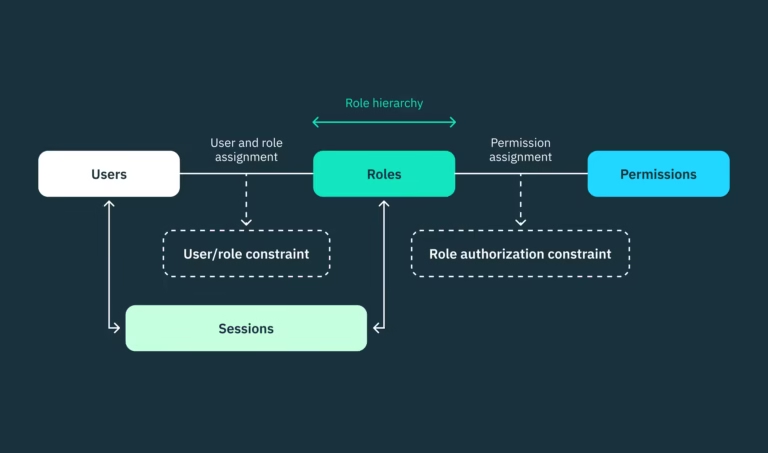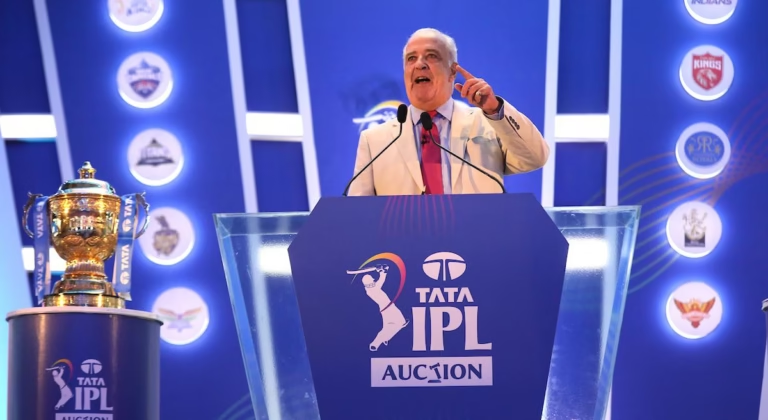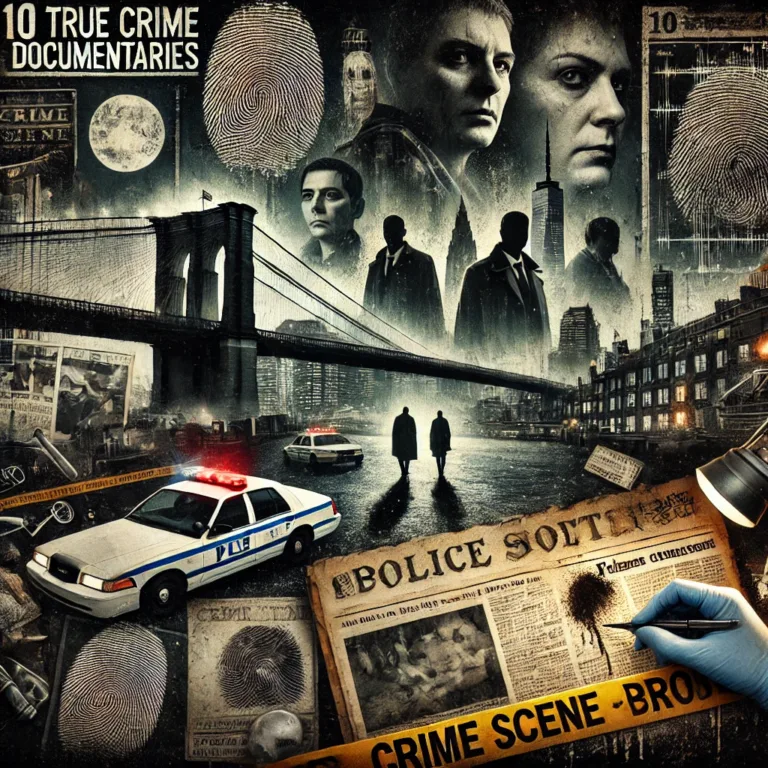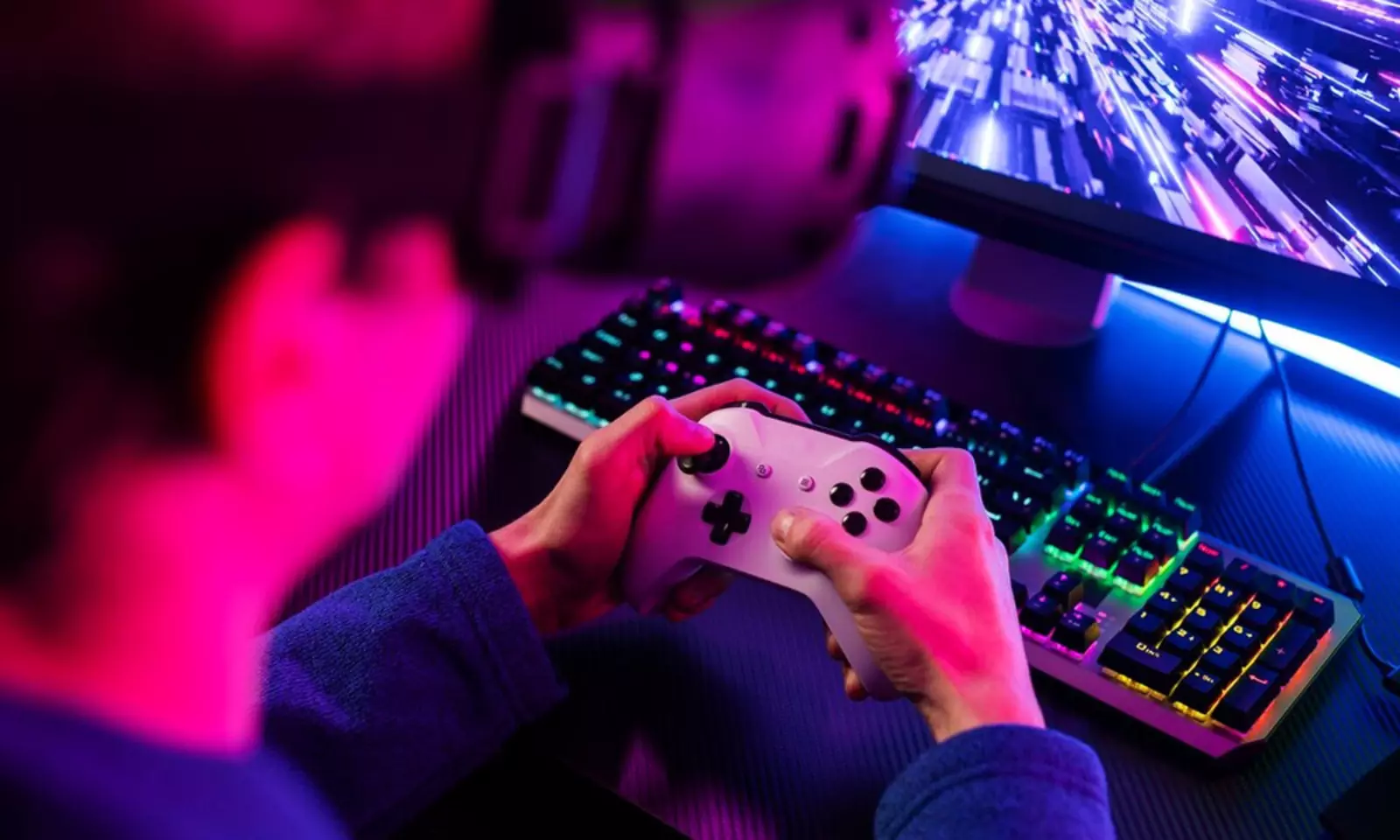
The realm of video games and the world of music might seem like two distinct spheres, but upon closer inspection, they frequently intersect in fascinating and unexpected manners. Over the years, numerous well-known singers have found themselves entwined with the gaming industry, resulting in some of the most odd and captivating connections. These associations range from singers lending their voices to game characters, to entire games being inspired by their music. The following sections delve into 10 of the most peculiar and intriguing links between video games and renowned musical artists, illustrating just how interconnected these two vibrant industries can be. Whether you’re a gaming enthusiast or a music aficionado, the surprising connections you’ll discover are bound to pique your interest and broaden your appreciation for both mediums.
Michael Jackson and Sonic the Hedgehog
The intersection between the King of Pop, Michael Jackson, and the iconic video game franchise, Sonic the Hedgehog, stands out as one of the 10 most odd video game connections with well-known singers. This unusual collaboration, rumored to have occurred during the development of Sonic the Hedgehog 3, has captivated both music and gaming enthusiasts for decades.
Speculation about Michael Jackson’s involvement in Sonic the Hedgehog 3 has its roots in the game’s distinctive music. Fans and critics alike have noted striking similarities between the game’s soundtrack and Jackson’s signature sound. Tracks such as the Carnival Night Zone theme and the Ice Cap Zone theme bear resemblances to Jackson’s musical style, leading to widespread belief that he had a hand in their creation.
Adding credence to these claims are statements from individuals who were part of the Sonic the Hedgehog 3 development team. Brad Buxer, a musician who collaborated with Jackson, has publicly acknowledged his involvement in the game’s soundtrack. In various interviews, Buxer has stated that Jackson was indeed brought in to compose music for the game, though he chose to remain uncredited due to dissatisfaction with the sound quality limitations of the Sega Genesis console.
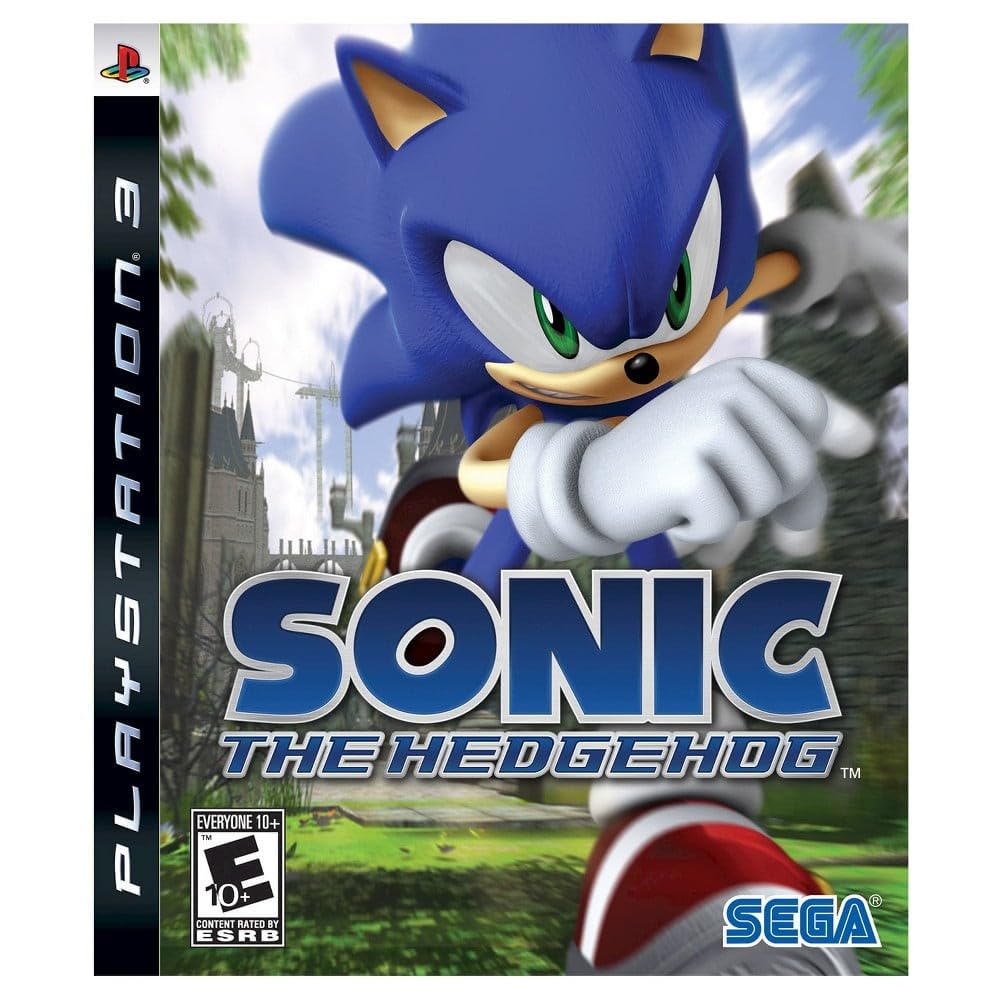
Further evidence emerges from a deep dive into the production timeline and testimonies from other developers. Roger Hector, a former executive at Sega Technical Institute, confirmed that Jackson was initially excited about the project but later distanced himself due to the technical constraints and personal controversies surrounding him at the time. Despite the lack of official acknowledgment, these accounts reinforce the belief that Jackson’s influence is embedded within the game’s music.
While the full extent of Michael Jackson’s involvement in Sonic the Hedgehog 3 may remain shrouded in mystery, the compelling evidence and testimonies present a fascinating chapter in the annals of gaming history. This collaboration, whether recognized officially or not, exemplifies one of the most peculiar and intriguing intersections between the realms of video games and music. Such connections continue to intrigue and inspire discussions among fans of both mediums.
David Bowie and Omikron: The Nomad Soul
In the realm of video games, few collaborations have been as intriguing as that of David Bowie and the 1999 game ‘Omikron: The Nomad Soul.’ An avant-garde title developed by Quantic Dream, ‘Omikron’ stands out, not just for its gameplay and narrative, but for its unique inclusion of the legendary musician. David Bowie’s involvement extended beyond simply lending his musical talent; he also appeared as a character within the game, enriching the overall experience.
Bowie’s contribution to the soundtrack of ‘Omikron’ is one of the most notable aspects of his collaboration. The haunting melodies and innovative compositions he provided significantly shaped the game’s atmosphere, immersing players in its dystopian world. Tracks such as “New Angels of Promise” and “Survive” became synonymous with the game’s identity, underscoring key moments and enhancing the emotional depth of the narrative.
Furthermore, Bowie’s in-game character, Boz, added another layer of intrigue. As a resistance leader within the virtual city of Omikron, Boz’s presence was not just a cameo but a pivotal part of the storyline. His character’s design and dialogue were crafted to reflect Bowie’s distinctive persona, making his integration seamless and impactful. This blend of music and character involvement set ‘Omikron’ apart from other titles of its time, creating a unique fusion of artistry and interactive media.
The impact of David Bowie’s involvement in ‘Omikron: The Nomad Soul’ cannot be overstated. It showcased how well-known singers could transcend their traditional roles, contributing to video games in meaningful ways. Bowie’s legacy within the game continues to be a point of fascination for both fans of his music and gaming enthusiasts, cementing ‘Omikron’ as one of the 10 most odd video game connections with well-known singers. Through his dual role as a musician and character, Bowie left an indelible mark on the gaming world, one that continues to resonate with players to this day.
Snoop Dogg and Tekken Tag Tournament 2
In the realm of video games, crossovers with well-known singers are not entirely unheard of, yet some collaborations stand out due to their sheer unexpectedness. One such example is the inclusion of Snoop Dogg in “Tekken Tag Tournament 2.” This installment of the celebrated fighting game series saw the legendary rapper not just contributing a custom track but also making an in-game appearance, offering a unique twist to the overall experience.
Snoop Dogg’s involvement in “Tekken Tag Tournament 2” was part of a special pre-order bonus that featured a stage designed around the artist. Aptly named the “Snoop Dogg Stage,” it presented players with a thematic arena that exuded the rapper’s signature style. The stage was adorned with gold and black decor, complete with a giant throne where Snoop himself presided, providing a visually striking backdrop for the intense battles that ensued.
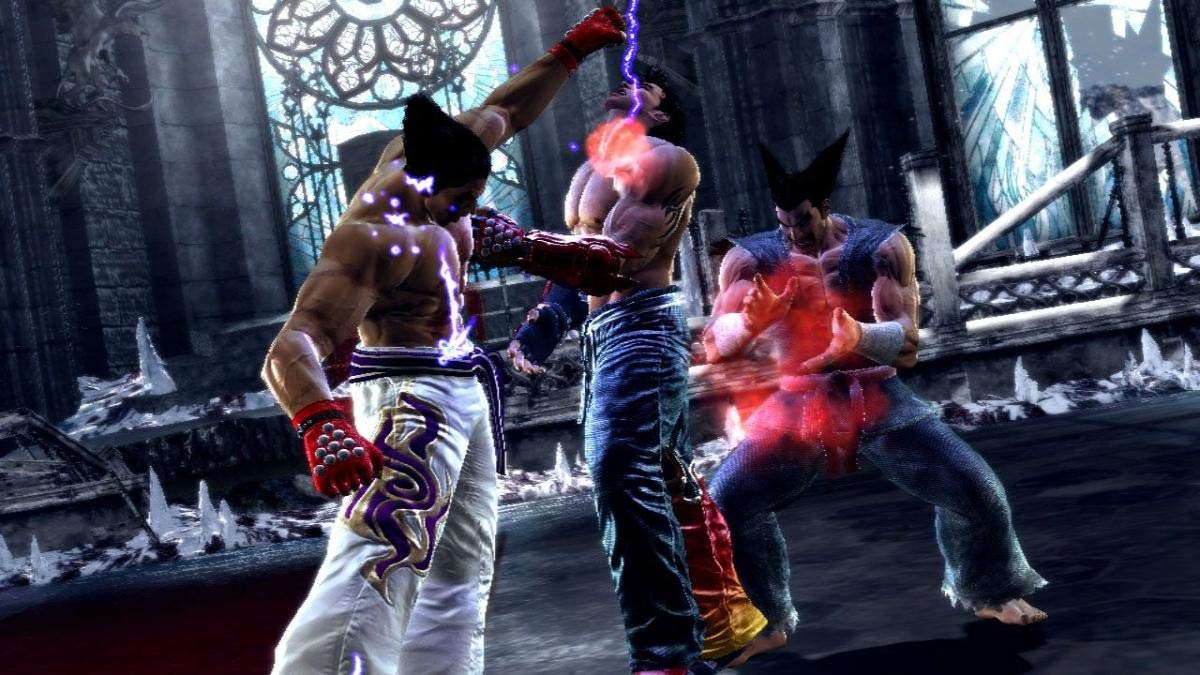
Tekken Tag Tournament 2
Tekken Tag Tournament 2Classics (Xbox 360)
Moreover, Snoop Dogg contributed an exclusive track, “Knocc ‘Em Down,” specifically for this game. This song played in the background of his stage, integrating his musical prowess with the game’s electrifying combat sequences. The inclusion of a well-known singer’s custom track added an auditory layer to the game, enhancing the immersion and excitement for players as they fought their way through the competition.
This collaboration between Snoop Dogg and “Tekken Tag Tournament 2” exemplifies how the merging of music and video games can create memorable and distinctive gaming experiences. The rapper’s unexpected appearance brought a fresh flavor to the fighting game genre, appealing not only to fans of the series but also to Snoop Dogg’s extensive fanbase. It stands as a testament to the growing trend of incorporating popular culture elements into video games, making them more engaging and culturally relevant.
Ariana Grande and Final Fantasy Brave Exvius
In an unexpected yet fascinating collaboration, pop sensation Ariana Grande made her way into the mobile gaming world through Final Fantasy Brave Exvius. This partnership between the renowned singer and the popular mobile game created a buzz in both the gaming and music communities. Ariana Grande’s inclusion as a playable character was not only a marketing coup but also a testament to the growing intersection between different entertainment mediums.
Ariana’s in-game character, named “Dangerous Ariana,” drew inspiration from her iconic look in the “Dangerous Woman” album. The design team meticulously crafted her character, ensuring it captured her essence while fitting seamlessly into the game’s fantasy world. “Dangerous Ariana” appeared in her signature black bunny ears and a sleek black dress, making her instantly recognizable to fans of both the game and her music.
The collaboration did not end with just the character design. To celebrate Ariana Grande’s inclusion, Final Fantasy Brave Exvius hosted a series of special events. These events featured exclusive in-game content, including new quests and missions that allowed players to unlock and enhance “Dangerous Ariana.” Additionally, the game’s soundtrack was enriched with remixed versions of Ariana’s hit songs, adding a unique auditory experience for players.
This crossover between a well-known singer and a video game exemplifies the innovative ways in which the entertainment industry is evolving. By merging the worlds of gaming and music, developers and artists can reach broader audiences while offering fans new and exciting content. Ariana Grande’s collaboration with Final Fantasy Brave Exvius stands out as one of the 10 most odd video game connections with well-known singers, highlighting the endless possibilities for creative partnerships in the digital age.
Kanye West and Only One
Kanye West, a name synonymous with musical innovation and cultural impact, ventured into the gaming industry with an ambitious project titled “Only One.” Announced in 2015, “Only One” was envisioned as a deeply personal game inspired by a song of the same name that Kanye dedicated to his late mother, Donda West. The game’s concept was both intriguing and unconventional, centering on the journey of Kanye’s mother ascending to the gates of heaven, guided by Donda herself. This narrative-driven approach aimed to weave an emotional tale, blending elements of music, personal history, and spirituality.
The announcement of Kanye West’s involvement in game development created a significant buzz within both the gaming and music communities. Fans were eager to see how his unique creative vision would translate into an interactive medium. However, despite the initial excitement, the project has seen limited progress over the years. Updates on “Only One” have been sporadic, leading to considerable speculation about its current status. Some reports suggest that the game may still be in development, while others believe it might have been shelved indefinitely.
The public’s reaction to “Only One” has been mixed. While many fans of Kanye West were enthusiastic about the project’s innovative concept and emotional depth, others remained skeptical about the feasibility of such a personal story being effectively translated into a video game format. Additionally, the lack of concrete updates has led to a growing sense of uncertainty and impatience among the game’s potential audience.
As it stands, “Only One” remains one of the most intriguing yet elusive entries in the list of odd video game projects connected to well-known singers. Whether it will eventually see the light of day or remain a fascinating footnote in Kanye West’s multifaceted career is still to be determined.
Lady Gaga and Bayonetta
In a surprising yet delightful intersection of pop culture, Lady Gaga has publicly expressed her admiration for the video game Bayonetta. Known for her eclectic tastes and unique artistic vision, Lady Gaga’s enthusiasm for this particular game has captivated both her fans and the gaming community alike. Her social media platforms, especially Twitter, have seen multiple posts in which she shares her experiences and excitement about playing Bayonetta. These posts include snapshots of her progress, accolades for the game’s design, and even moments of frustration that every gamer can relate to.
Lady Gaga’s reasons for liking Bayonetta are manifold. She has often highlighted the strong, empowered female protagonist as a significant factor in her appreciation for the game. The character of Bayonetta, with her confident demeanor and formidable abilities, resonates with Lady Gaga’s own persona and public image. Furthermore, the game’s intricate storyline, coupled with its visually stunning and innovative gameplay, aligns well with the singer’s penchant for the avant-garde and the extraordinary.
The influence of Lady Gaga’s endorsement on her fanbase’s interest in Bayonetta cannot be understated. Her followers, who span a wide demographic, are often quick to explore and embrace the interests and recommendations of their idol. Consequently, her public praise for Bayonetta has likely contributed to a surge in the game’s popularity among her fans. This is a testament to the powerful role that celebrities can play in shaping consumer interests and trends.
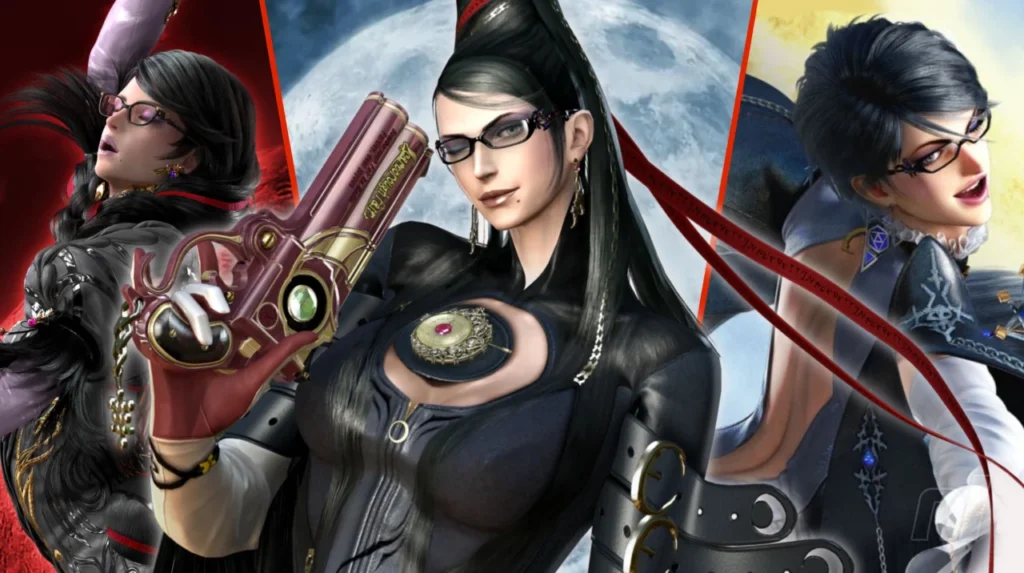
This unusual yet fascinating connection between Lady Gaga and Bayonetta exemplifies how the worlds of music and video games can intersect in unexpected ways. It also underscores the idea that video games, much like music, are a form of art and entertainment that can be appreciated by anyone, regardless of their primary field of interest.
50 Cent and 50 Cent: Bulletproof
In the realm of video game oddities, few are as striking as the 2005 release of ’50 Cent: Bulletproof,’ a game that starred the rapper 50 Cent in a gritty, urban adventure. Developed by Genuine Games and published by Vivendi Universal Games, the project aimed to capitalize on 50 Cent’s immense popularity in the mid-2000s. The game’s plot centers around 50 Cent’s quest for revenge after being shot nine times, an event that echoes the rapper’s own real-life experiences.
The narrative unfolds through a series of missions that involve intense gunfights, drug deals, and confrontations with various criminal elements, all set against a backdrop of urban decay. Players could navigate through dark alleyways and confront formidable enemies, all while listening to an exclusive soundtrack featuring some of 50 Cent’s hit songs. The game also included voice acting from 50 Cent and other members of his G-Unit crew, adding an extra layer of authenticity.
’50 Cent: Bulletproof’ received mixed reviews upon its release. Critics praised its ambitious attempt to blend the rapper’s persona with a video game narrative but were less impressed with its gameplay mechanics and graphics. Despite these critiques, the game found a dedicated fanbase that appreciated its unique fusion of music and gaming culture. It wasn’t just a game; it was an extension of 50 Cent’s brand, offering fans a new way to engage with his music and persona.
The success of ’50 Cent: Bulletproof’ led to the development of a sequel, ’50 Cent: Blood on the Sand,’ released in 2009. This follow-up took a different approach, setting the action in a fictional Middle Eastern country and focusing more on cooperative gameplay. While it garnered better reviews than its predecessor, ‘Blood on the Sand’ remained a niche title, appreciated mostly by fans of 50 Cent.
Overall, ’50 Cent: Bulletproof’ remains a notable example of how well-known singers can impact the video game industry, creating a crossover appeal that bridges two distinct forms of entertainment.
Conclusion
The exploration of the 10 most odd video game connections with well-known singers has revealed a fascinating intersection between the music and gaming industries. These unique collaborations and appearances have not only enriched the gaming experience but also broadened the reach of each singer’s fan base. From in-game characters modeled after popular artists to original soundtracks that set the tone for epic adventures, the synergy between these two entertainment realms has proven to be profoundly impactful.
One of the most significant outcomes of these collaborations is the enhancement of the narrative and emotional depth within video games. When well-known singers lend their voices or likenesses to game characters, it adds a layer of authenticity and engagement that resonates deeply with players. Additionally, the integration of popular music into game soundtracks has the power to evoke emotions and memories, creating a more immersive experience.
Moreover, these crossovers have opened new avenues for both industries to innovate and reach wider audiences. For instance, a video game featuring a famous singer can attract music fans who might not typically engage with gaming, while gamers can be introduced to new music and artists through their favorite games. This symbiotic relationship between music and gaming continues to evolve, promising even more creative and unexpected collaborations in the future.
Looking ahead, the potential for future crossovers is vast. As technology advances and the boundaries between different forms of entertainment continue to blur, we can anticipate even more intricate and imaginative projects. Singers and game developers alike stand to benefit from these collaborations, as they offer unique opportunities to connect with audiences on multiple levels.
Ultimately, the odd yet intriguing connection between video games and well-known singers underscores the limitless possibilities within the entertainment industry. By continuing to embrace these creative partnerships, both sectors can look forward to a future filled with innovative and memorable experiences for fans worldwide.

